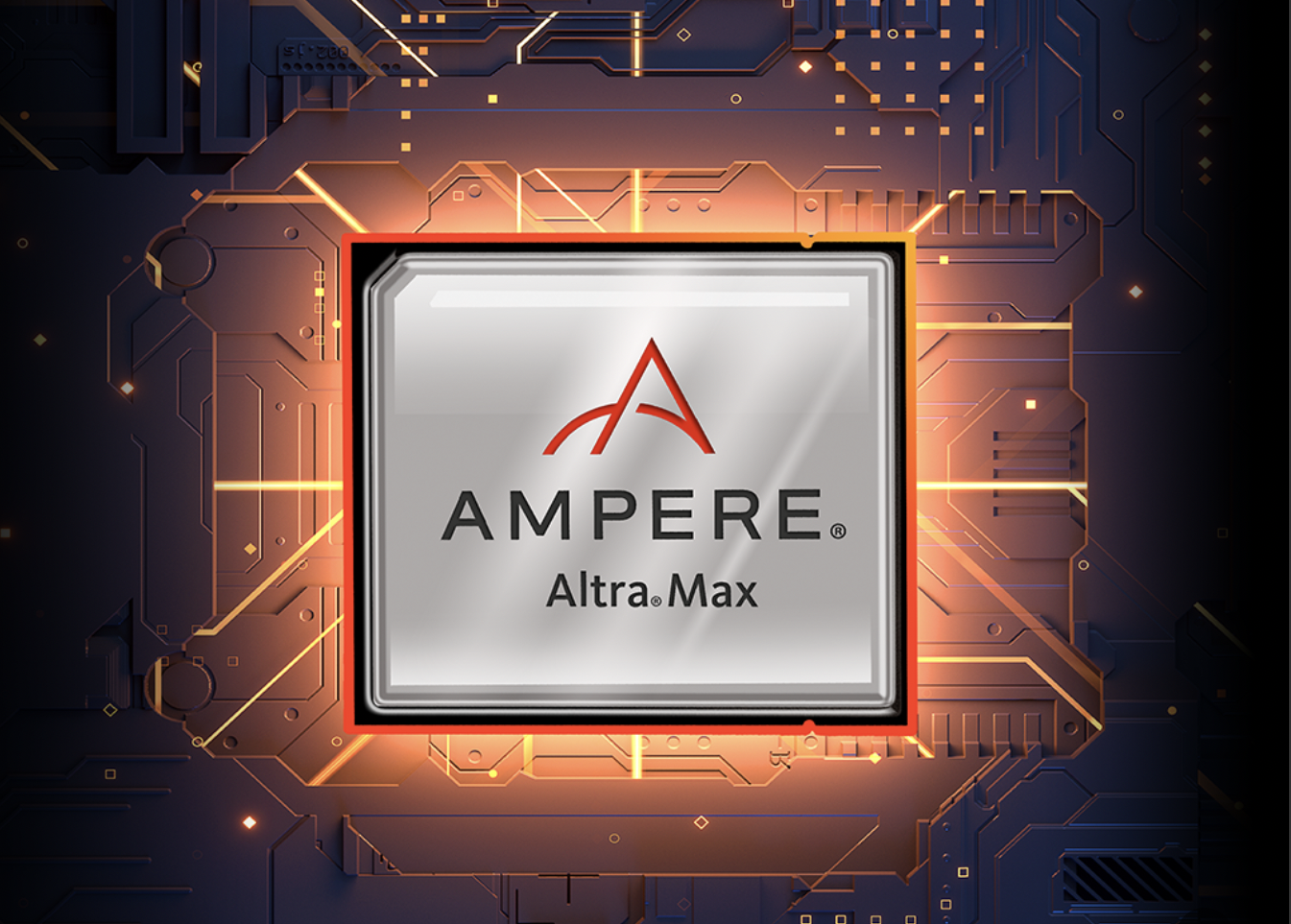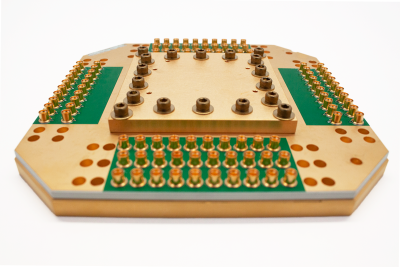Ampere, Rigetti to Accelerate Hybrid Quantum Computing in HPC Environments
Accelerating cloud-based machine learning and quantum computing deployments.
Ampere Computing and Rigetti Computing today announced a strategic partnership to create hybrid quantum-classical computers. Aiming to unlock a new generation of quantum-based machine learning applications, the partnership will see the pairing of Ampere's Altra Max Arm CPUs with Rigetti Computing's Quantum Processing Units (QPUs) in cloud-based High-Performance Computing (HPC) environments. The companies hope to take the biggest bite possible from the estimated $26 billion Quantum Computing as a Service (QCaaS) market by 2030.
The partnership aims to develop hybrid computing solutions that can be easily deployed in data centers to accelerate critical areas such as climate change, fusion energy, quantitative finance, drug development, and materials science. The integrated solutions are further meant to accelerate the discovery and deployment of high-performance machine learning algorithms. Ampere Altra Max-powered cloud servers are expected to process the vast amounts of data resulting from quantum workloads performed on Rigetti's QPUs.
"Our collaboration with Rigetti is a natural extension of our strategy to create cloud native processors optimized for a wide range of workloads and customer needs," said Renee James, Ampere's founder and CEO. "Quantum machine learning is emerging as a significant opportunity for scientific computing users and their providers of public and private clouds. We believe that Ampere and Rigetti will enable quantum computations of increased complexity, with the potential for higher performance at lower costs."
How Ampere's CPUs and Rigetti's QPUs will be integrated is still a mystery. At least part of the companies' efforts seems to be focused on accelerating quantum computing simulations run on classical systems. These would include Ampere's Altra Max Arm CPUs, which pack 128 Arm v8.2+ cores per chip running at up to 3.0 GHz. The company's claim of performance density of "up to 3,500 cores per rack" is likely one of the reasons Ampere Computing has already snagged several design wins with customers, including Microsoft and Tencent.

Rigetti's QPUs are based on superconducting qubits, which require cryogenically-secure environments to enable qubit coherence, entanglement, and workload processing. The company's QPUs are designed with several lessons taken from classical semiconductors and are described as a "lithographically defined chip-based technology." This means that deployment occurs within a self-contained chip-like structure, which includes the qubit array, a linear superconducting resonator (for qubit readout) and associated wiring.
The chip-like approach allowed Rigetti to design its QPUs with through-silicon vias and superconducting flip-chip cap bonding technologies. Both these solutions help insulate the qubit array from electromagnetic interference, which would lead to calculation errors and qubit decoherence, while also allowing qubit-to-qubit communication via the associated signal delivery wiring. Rigetti says it can achieve scalability simply by multiplying the number of chips within delivered systems, which the company has already done with the announcement of its 80-qubit Aspen-M, which is a multi-chip quantum computing system based on a pair of the chip's 40-qubit Aspen-11 QPUs.

Interestingly, Rigetti also published benchmark results for its Aspen-11 and Aspen-M systems under the Circuit Layer Operations per Second (CLOPS) metric proposed by IBM in October last year. The chips achieved a CLOPS score of 844 and 892, respectively. However, since the CLOPS metric still hasn't been finalized as a standard, it's impossible to know if results from Rigetti's QPUs are comparable to IBM's (which is the only other company to have ever announced benchmark scores under the metric).
Get Tom's Hardware's best news and in-depth reviews, straight to your inbox.
Even so, IBM's published CLOPS scores for systems with 5, 27, and 65 qubits were 1419, 951, and 753, respectively, as of the October 2021 standard proposal date. Rigetti's Aspen systems seem to offer positive scaling even while increasing qubit counts. However, linear scaling isn't expected, as the CLOPS standard allows for different workload complexities to be gauged (and scaled) against qubit counts.
Both Rigetti Computing and Ampere Computing have been at the forefront of their respective markets, and the partnership announcement seems to provide them with ample opportunity to build upon each other's strengths in the new, brave world of distributed quantum computing.

Francisco Pires is a freelance news writer for Tom's Hardware with a soft side for quantum computing.